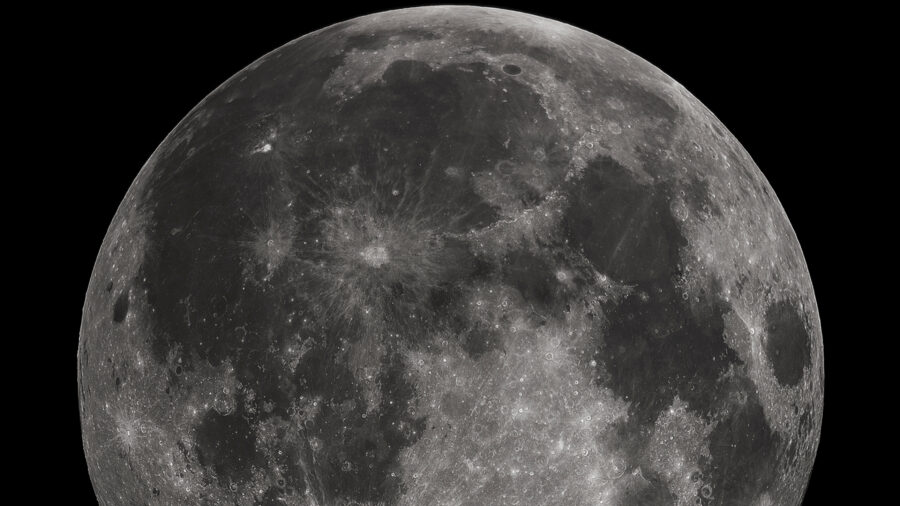Economists Want To Sell The Moon To Wipe Out Poverty
In a recently published paper, economists are outlining a plan to sell the moon to help cure things like poverty and world hunger

Looking for a real estate investment idea that could also provide proceeds to help end world hunger, among other problems? Well, some economists think they have just the solution. And it involves something that’s not even here on Earth. In a recently published paper, economists are laying out a plan to privatize the moon and sell it off to different nations. After that, countries could rent out or sell the moon space to their heart’s content, using the money to help solve some of the world’s bigger issues. If the plan were put into place then we could be seeing some real estate signs sitting there on that big old lunar rock.
The idea to sell the moon comes from the think tank The Adam Smith Institute and was penned by economist Rebecca Lowe. It is titled “Space Invaders: Property Rights on the Moon” and it outlines a plan to divide the moon up into parcels of land that would then be assigned to different nations. It is a lengthy paper that proposes a number of advantages to making the moon a privatized version with the actual space on it up for sale. And it does begin to address the idea of owning property in space, something that is becoming much more a talking point as more private companies begin to enter the race to explore space itself.
One aspect of Lowe’s reasoning outlined to sell the moon would be that it could help foster better stewardship of space itself with ownership helping to make better decisions around space. This is part of an economic principle outlined in the paper contending that ownership and property rights do help boost “living standards” in areas. That’s a fundamental belief that plays out here on Earth and the group is using the same theory and applying it to space or the moon in this case.

And the idea to sell the moon would begin by thinking about updates to originally outlined ideas around space and ownership of areas outside Earth. In 1967, while the race to space was still in the relatively early days, two years before the actual moon landing, The Outer Space Treaty was drawn up by the United Nations. The United States, the United Kingdom, and the Soviet Union, among others, signed it and it began to outline how we would treat space in the growing exploration. Essentially, the treaty says that space is open for all to explore, but should be done peacefully and without ownership of individual bodies or areas.
The paper published by the Adam Smith Institute contends that this treat is outdated and antiquated, drawn up in a day and age when the exploration of space was limited to only a few different countries and entities. That simply isn’t the case anymore and now an updated economic view of space should be drawn up. The contention is that selling the moon as parcels would not only help establish the framework for space ownership but the money could be used altruistically by all involved. Whether the plan to sell the moon would play out like that in practice remains to be seen. But the idea does at least have some virtue.











